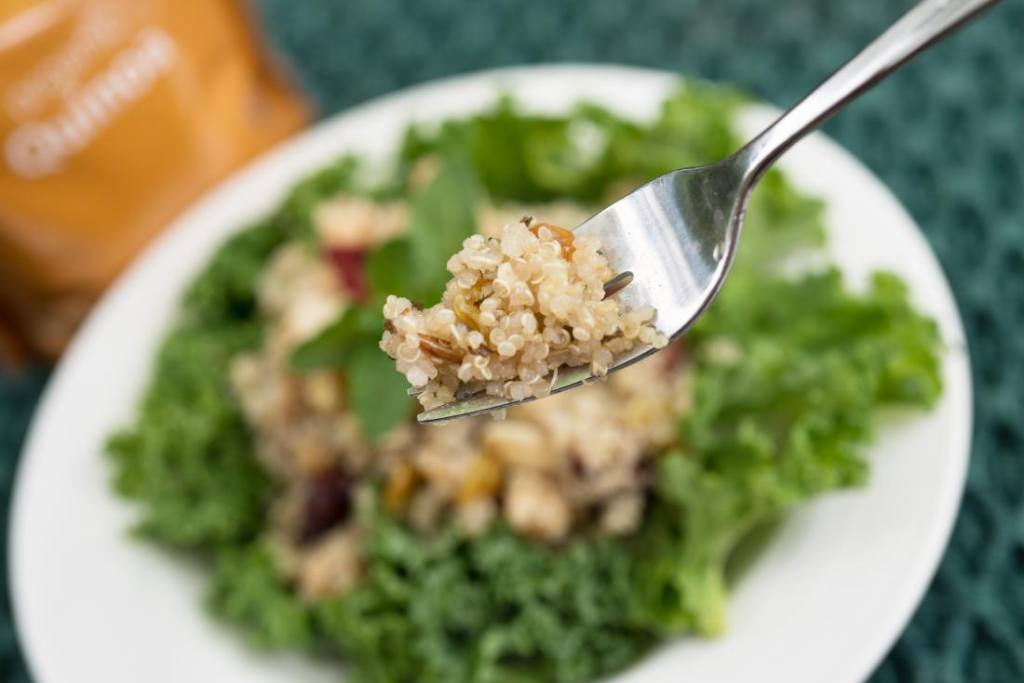Preventive health routines focus on taking proactive measures to maintain well-being, prevent diseases, and enhance overall quality of life. With modern lifestyles often filled with stress and unhealthy habits, building a preventive health routine becomes essential for long-term vitality. From physical activities to mental wellness, there are numerous ways to create a lifestyle that supports good health.
Regular Physical Activity
Maintaining an active lifestyle is a critical aspect of preventive health. Engaging in regular physical activity boosts cardiovascular health, strengthens muscles, and helps maintain a healthy weight, all of which are essential in preventing chronic diseases such as heart disease, diabetes, and obesity. You don’t need to follow a strict fitness regimen to see benefits. The key is consistency.
Incorporating at least 30 minutes of moderate exercise five times a week is a great starting point. Activities like walking, cycling, swimming, or even dancing can be enjoyable ways to stay active. Including strength training exercises twice a week can further enhance your routine by improving muscle mass and bone density. The goal is to find activities that you enjoy so that exercise becomes a regular and enjoyable part of your routine.
Listening to your body and gradually increasing your activity level helps prevent injuries and fatigue. Whether it’s morning stretches, evening jogs, or a workout class, making exercise part of your daily life contributes significantly to a preventive health routine.
Balanced Diet and Nutrition
What you eat plays a significant role in preventive health. A balanced diet rich in fruits, vegetables, whole grains, lean proteins, and healthy fats provides your body with the nutrients it needs to function optimally. This not only helps maintain a healthy weight but also reduces the risk of various chronic illnesses, including high blood pressure, cholesterol issues, and cancer.
When building a preventive health routine, focus on eating nutrient-dense foods. Incorporating more leafy greens, berries, nuts, seeds, and lean proteins such as fish and poultry into your meals provides essential vitamins and minerals. Reducing processed foods, sugars, and excessive sodium is also key in maintaining good health.

Staying hydrated is equally important. Drinking plenty of water helps support your metabolism, digestion, and overall bodily functions. Some people find it helpful to keep a reusable water bottle nearby to encourage regular hydration throughout the day. Consulting reliable sources on diet and nutrition, like a website that offers credible health advice, can further support your efforts to build healthy eating habits.
Mental and Emotional Well-being
Caring for your mental health is just as important as maintaining physical health. Mental well-being involves managing stress, practicing mindfulness, and staying connected with loved ones. Stress can have a significant impact on overall health, contributing to problems such as heart disease, insomnia, and even weakened immune function. Therefore, finding effective ways to manage stress is crucial.
Techniques like meditation, yoga, and deep breathing exercises help calm the mind and reduce stress levels. Setting aside time for activities that bring joy—whether that’s reading, painting, or spending time outdoors—can support emotional balance and mental clarity. Journaling can also be a useful tool to process emotions and clear the mind.
Additionally, staying connected with a social support network has been shown to improve mental and emotional well-being. Surrounding yourself with people who uplift and encourage you can enhance your mood and provide a sense of community. It’s important to make time for nurturing relationships and practicing gratitude for the people in your life.
Regular Health Screenings
Another crucial component of preventive health is scheduling regular medical check-ups and screenings. These appointments allow healthcare providers to monitor your health, catch potential problems early, and offer personalized advice on maintaining well-being. Preventive screenings vary depending on age, gender, family history, and other risk factors, so it’s essential to consult with your doctor to determine which tests are necessary.
Common preventive screenings include blood pressure checks, cholesterol levels, diabetes tests, and cancer screenings such as mammograms or colonoscopies. Routine dental and eye exams are also vital parts of a comprehensive health routine. Vaccinations are another key component of preventive care, ensuring protection from infectious diseases like the flu, measles, or pneumonia.
Staying proactive about health screenings and vaccinations helps detect potential issues early, enabling prompt treatment and better health outcomes. Keeping an updated record of your medical history, test results, and vaccination status ensures that you remain organized and can track your health over time.
Conclusion
Building a preventive health routine involves making intentional choices to prioritize your physical, mental, and emotional well-being. Regular physical activity, a balanced diet, mental wellness practices, and regular health screenings are all integral parts of this process. By implementing these habits, you can take control of your health and work toward a future of vitality and longevity. Establishing a strong foundation of preventive care will not only reduce your risk of illness but also enhance your overall quality of life. For more comprehensive advice and tips on preventive health, visiting a credible health-focused website can provide valuable insights to further guide your journey.





